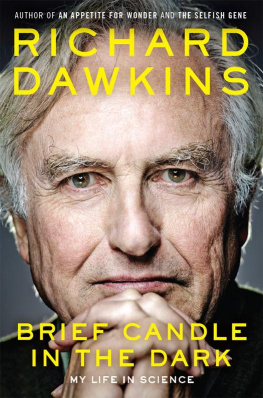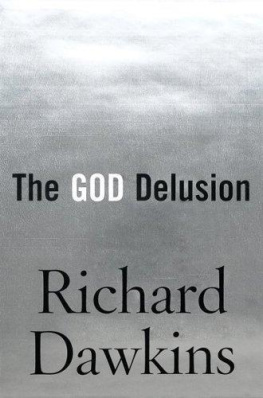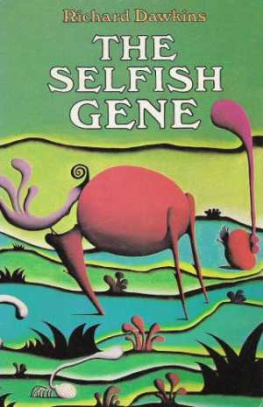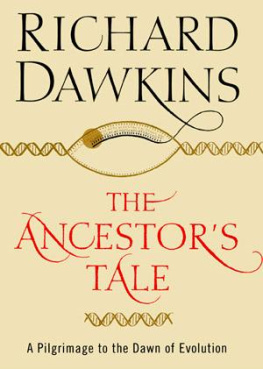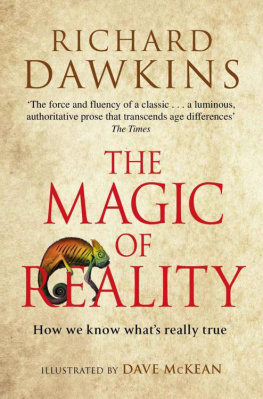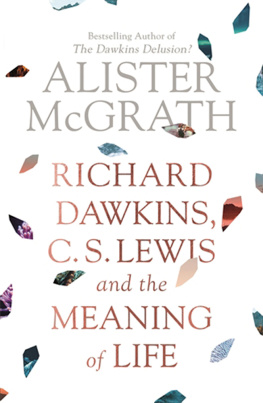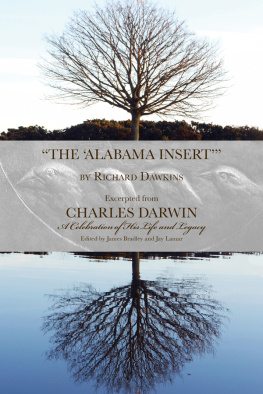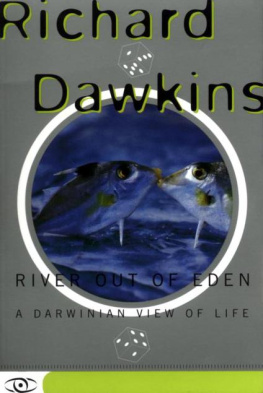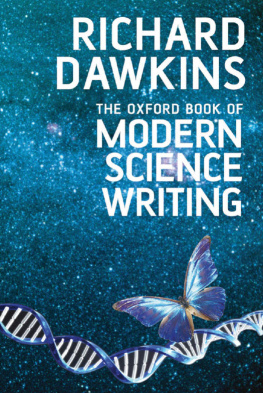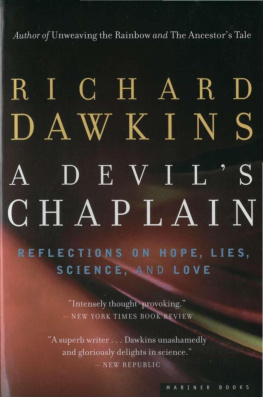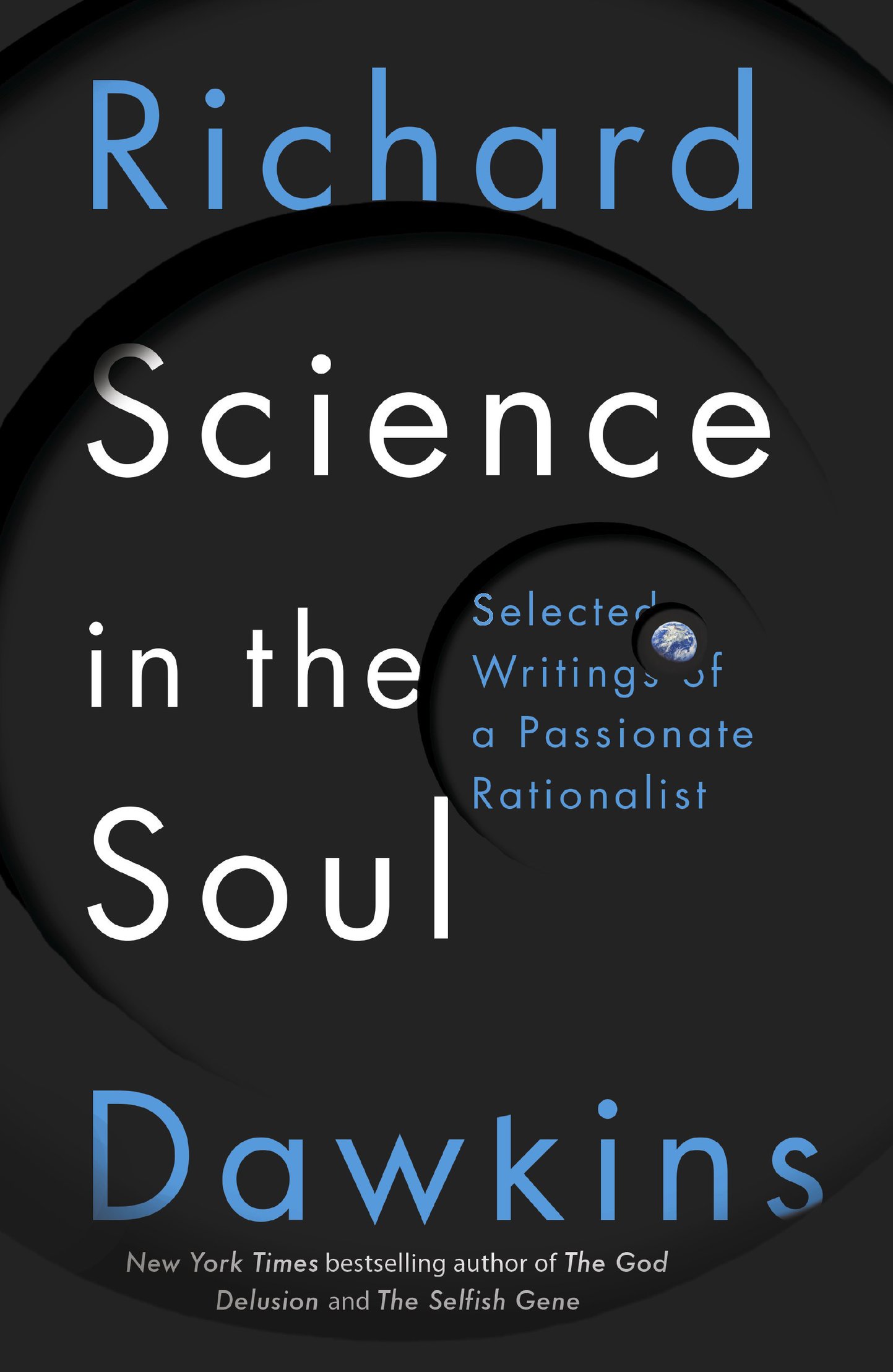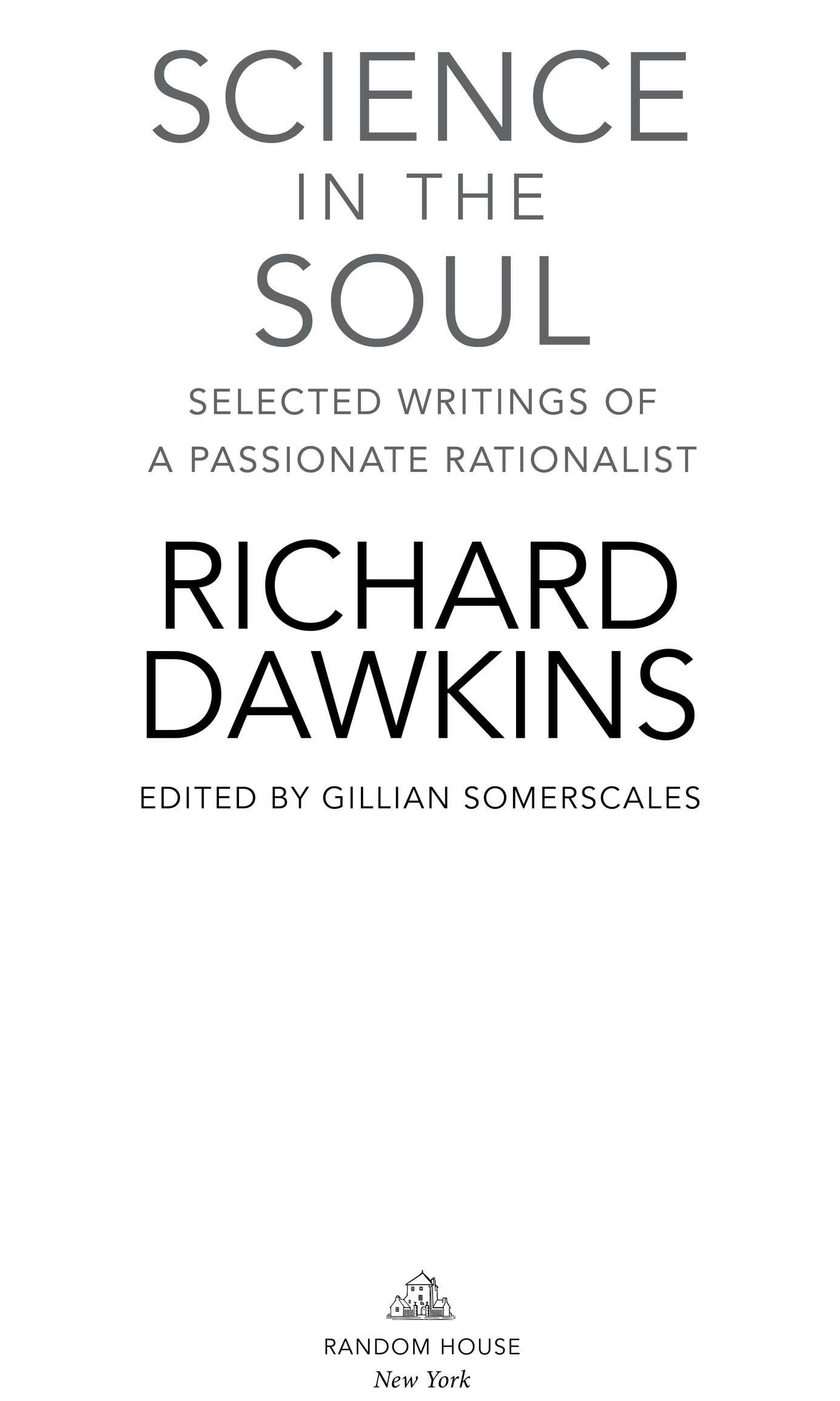Richard Dawkins - Science in the Soul: Selected Writings of a Passionate Rationalist
Here you can read online Richard Dawkins - Science in the Soul: Selected Writings of a Passionate Rationalist full text of the book (entire story) in english for free. Download pdf and epub, get meaning, cover and reviews about this ebook. year: 2017, publisher: Random House, genre: Romance novel. Description of the work, (preface) as well as reviews are available. Best literature library LitArk.com created for fans of good reading and offers a wide selection of genres:
Romance novel
Science fiction
Adventure
Detective
Science
History
Home and family
Prose
Art
Politics
Computer
Non-fiction
Religion
Business
Children
Humor
Choose a favorite category and find really read worthwhile books. Enjoy immersion in the world of imagination, feel the emotions of the characters or learn something new for yourself, make an fascinating discovery.

- Book:Science in the Soul: Selected Writings of a Passionate Rationalist
- Author:
- Publisher:Random House
- Genre:
- Year:2017
- Rating:5 / 5
- Favourites:Add to favourites
- Your mark:
Science in the Soul: Selected Writings of a Passionate Rationalist: summary, description and annotation
We offer to read an annotation, description, summary or preface (depends on what the author of the book "Science in the Soul: Selected Writings of a Passionate Rationalist" wrote himself). If you haven't found the necessary information about the book — write in the comments, we will try to find it.
For decades, Richard Dawkins has been a brilliant scientific communicator, consistently illuminating the wonders of nature and attacking faulty logic. Science in the Soul brings together forty-two essays, polemics, and paeansall written with Dawkinss characteristic erudition, remorseless wit, and unjaded awe of the natural world.
Though it spans three decades, this book couldnt be more timely or more urgent. Elected officials have opened the floodgates to prejudices that have for half a century been unacceptable or at least undercover. In a passionate introduction, Dawkins calls on us to insist that reason take center stage and that gut feelings, even when they dont represent the stirred dark waters of xenophobia, misogyny, or other blind prejudice, should stay out of the voting booth. And in the essays themselves, newly annotated by the author, he investigates a number of issues, including the importance of empirical evidence, and decries bad science, religion in the schools, and climate-change deniers.
Dawkins has equal ardor for the sacred truth of nature and renders here with typical virtuosity the glories and complexities of the natural world. Woven into an exploration of the vastness of geological time, for instance, is the peculiar history of the giant tortoises and the sea turtleswhose journeys between water and land tell us a deeper story about evolution. At this moment, when so many highly placed people still question the fact of evolution, Dawkins asks what Darwin would make of his own legacya mixture of exhilaration and exasperationand celebrates science as possessing many of religions virtuesexplanation, consolation, and upliftwithout its detriments of superstition and prejudice.
In a world grown irrational and hostile to facts, Science in the Soul is an essential collection by an indispensable author.
Advance praise for Science in the Soul
The illumination of Richard Dawkinss incisive thinking on the intellectual world extends far beyond biology. What a treat to see so clearly how matter and meaning fit together, from fiction to philosophy to molecular biology, in one unified vision!Daniel C. Dennett, author of From Bacteria to Bach and Back: The Evolution of Minds
I thank Thor and Zeus that in their infinite wisdom they chose to make the great wordsmith of our age a great rationalist, and vice versa.Matt Ridley, author of The Evolution of Everything: How New Ideas Emerge
In this golden age of enlightened science writing, it is stunning that no scientist has won the Nobel Prize for Literature. It is time literatures highest award be granted to a scientist whose writings have changed not just science but society. No living scientist is more deserving of such recognition than Richard Dawkins. . . . Science in the Soul is the perfect embodiment of Nobelquality literature.Michael Shermer, publisher of Skeptic magazine, columnist for Scientific American, and author of The Moral Arc: How Science Makes Us Better People
Science in the Soul is packed with Dr. Dawkinss philosophy, humor, anger, and quiet wisdom, leading the reader gently but firmly to inevitable conclusions that edify and educate.James Randi, author of The Faith Healers
Richard Dawkins: author's other books
Who wrote Science in the Soul: Selected Writings of a Passionate Rationalist? Find out the surname, the name of the author of the book and a list of all author's works by series.

